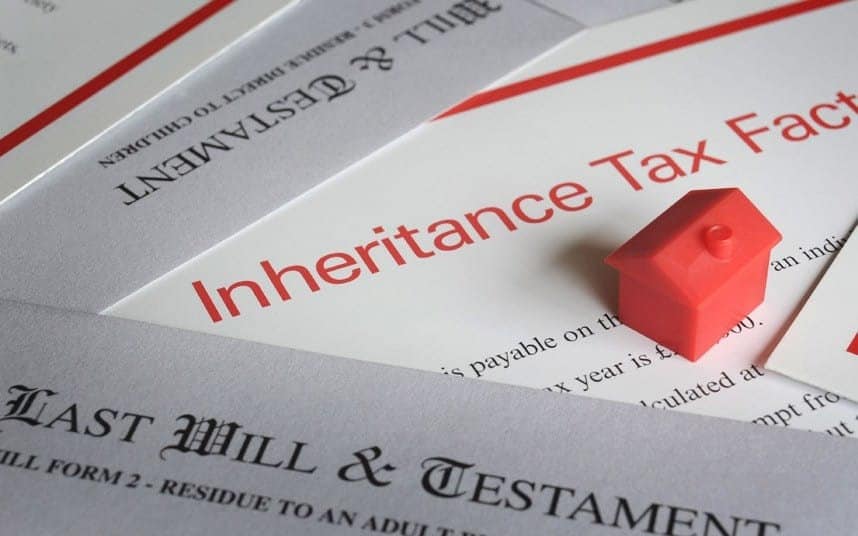Recent changes announced in the government’s Budget have raised serious concerns for families inheriting businesses. A cap on inheritance tax relief could result in significant tax bills for family businesses, even those whose value has greatly diminished.
The introduction of a £1m cap on inheritance tax relief for farms and businesses has already led to widespread protests, particularly among farmers. However, the new rules also threaten the financial stability of family-owned enterprises.
Inheritance Tax Bills May Rise Despite Decline in Business Value
On October 30, the government unveiled a cap on inheritance tax relief for businesses and farms, setting a limit of £1 million on the amount that can be relieved from inheritance tax. As a consequence of this new policy, owners of family businesses will be subject to a 20% tax on assets above this threshold, even if the business itself has lost much of its value. This decision poses a crucial problem for family businesses that rely on inheritance tax relief to transfer ownership without disastrous financial consequences.
However, a little-known feature of the inheritance tax system could leave families facing substantial bills for businesses that no longer have significant value. Inheritance tax is calculated on the basis of the value of the assets at the time of death. Yet, the death of a major shareholder can cause the value of the shares to fall, sometimes significantly.
In other words, a family that inherits a company may find that tax is calculated on the basis of an inflated valuation, even though the company has lost much of its value since the death of the major shareholder. This may lead to financial distress for families, as they have to pay tax on a business that no longer has the same value.
Example Scenario:
- A family inherits a £5m business.
- After the main shareholder’s death, the business loses considerable value.
- The family still faces an inheritance tax bill of up to £1m, despite the business being worth far less.
Experts Warn of Forced Sales Due to Inheritance Tax Burden
This situation has raised alarm among financial experts, who worry that families may be forced to sell their business assets or even liquidate the company to cover the inheritance tax bill. According to Aysha Marley of RSM, in the worst-case scenario, families could inherit a business with no worth but still be burdened with a tax liability that is insurmountable.
The risk of forced sales is particularly concerning for family-owned businesses that have limited options for raising the funds required to meet tax demands.
Inheritance Tax Relief Gap Could Force Family Business Sales
While there is relief for land and listed shares sold at a loss after death, unlisted shares in family businesses do not benefit from this provision. This creates a loophole in the system that could disproportionately affect families inheriting private companies, whose value fluctuates following the death of a key shareholder.
Although it has launched a technical consultation on inheritance tax reforms, the government has yet to propose changes to address the specific issue of tax liabilities on impaired family businesses. In order to avoid placing an undue burden on families, experts believe that these reforms should have been thoroughly considered before being announced.
It has urged a review of the policy to prevent the ‘fire sale’ of family businesses, which would be catastrophic for many families who cannot afford to pay these tax bills.
4,200 Families Rely on Business Property Relief Amid Tax Changes
In 2021-2022, around 4,200 families claimed business property relief, according to the latest data from HM Revenue and Customs. This relief is essential for many family-owned businesses, allowing them to transfer ownership without the threat of excessive tax bills.
The proposed changes to inheritance tax could significantly disrupt this process, jeopardizing the long-term viability of family businesses across the country.









